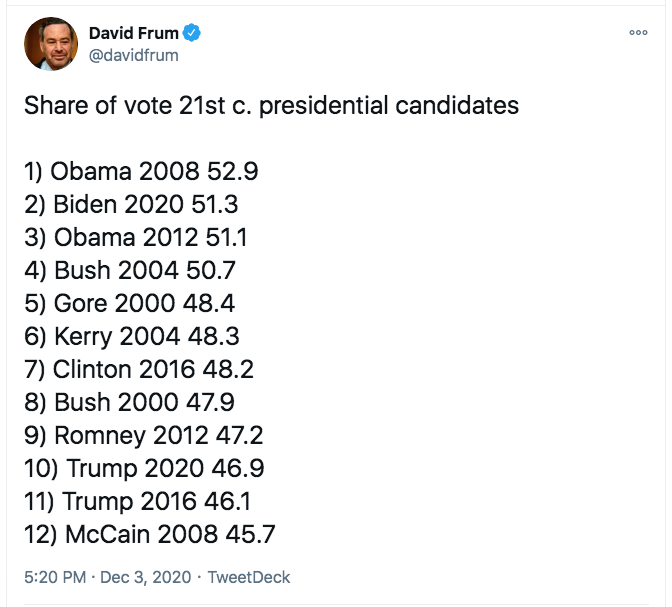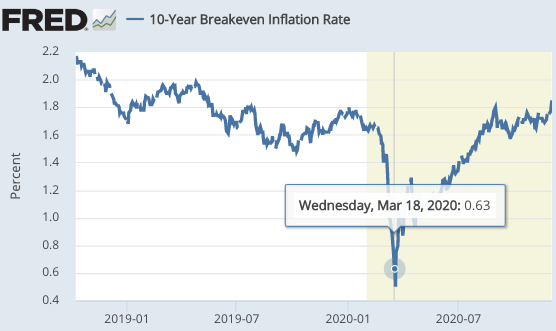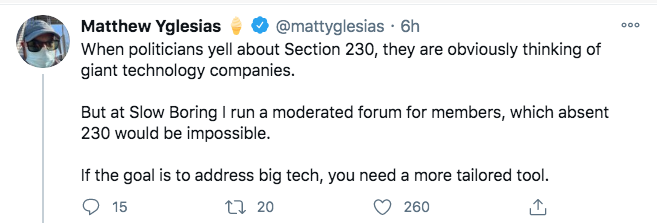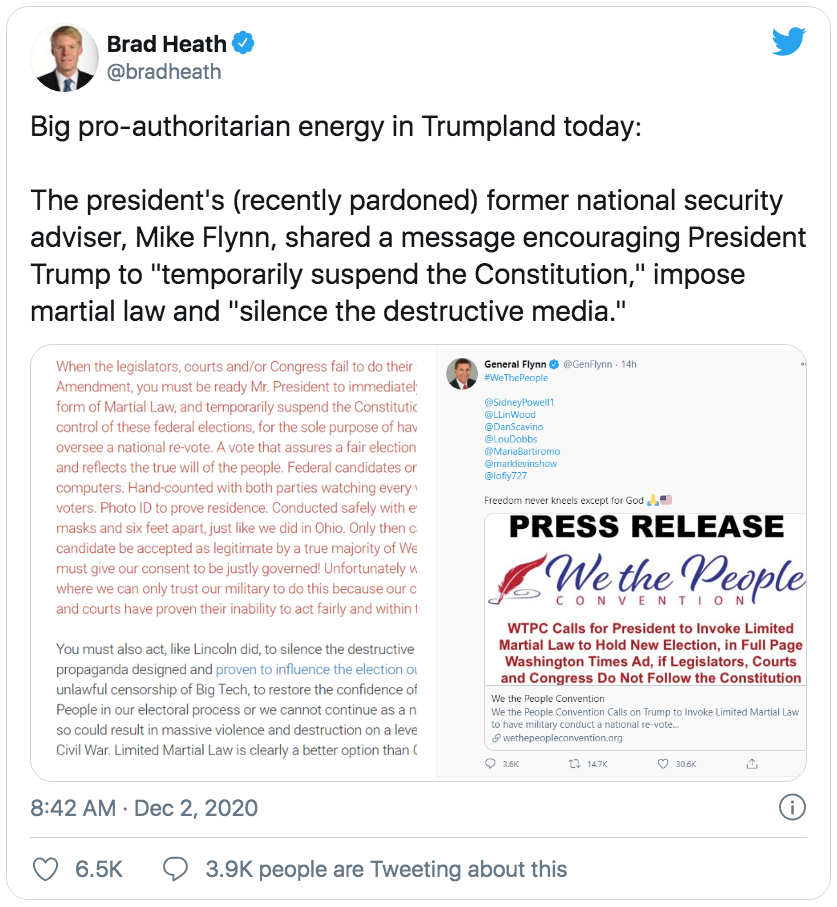Summers and Furman on monetary policy
A new paper by Jason Furman and Larry Summers has attracted a lot of interest. They advocate the increased use of fiscal policy, largely because they view monetary policy as ineffective during recessions:
First, fiscal policy must play a crucial role in stabilization policy in a world where monetary policy can counteract financial instability but otherwise is largely “pushing on a string” when it comes to accelerating economic growth. The roughly 600 basis point reductions in rates that have been found necessary to counteract recessions will be infeasible for the foreseeable future. Limitations on how far interest rates can be reduced given the zero lower bound and the possible inefficacy of lower rates in stimulating demand raise the possibility that full employment may be infeasible with overly restrictive fiscal policies.
Keynesians focus too much on the target interest rate as a transmission mechanism for monetary policy. The effect of monetary policy on the natural interest rate is far more important that small tweaks in the policy rate.
The estimated 600 basis point rate cut is only necessary when a tight money policy lowers the natural rate of interest by 600 basis points. If the Fed were to adopt a 5% NGDP level targeting regime, with a “target the forecast” approach to policy, there would be no need for fiscal policy at all. Just buy bonds until the market expectation of NGDP growth will put us back on the 5% trend line. Under that sort of regime, the natural rate of interest would be much more stable than under the current regime, and you would not need those 600 basis point rate cuts.
To a much greater extent than Furman and Summers realize, the Fed has been an arsonist, not a firefighter. (Here I’m thinking of earlier recessions, I agree with those who suggest that the current recession is largely non-monetary.)
PS. I strongly encourage people to read George Selgin’s new paper discussing the 2015 rate hike. He makes his case very persuasively.
HT: David Levey







